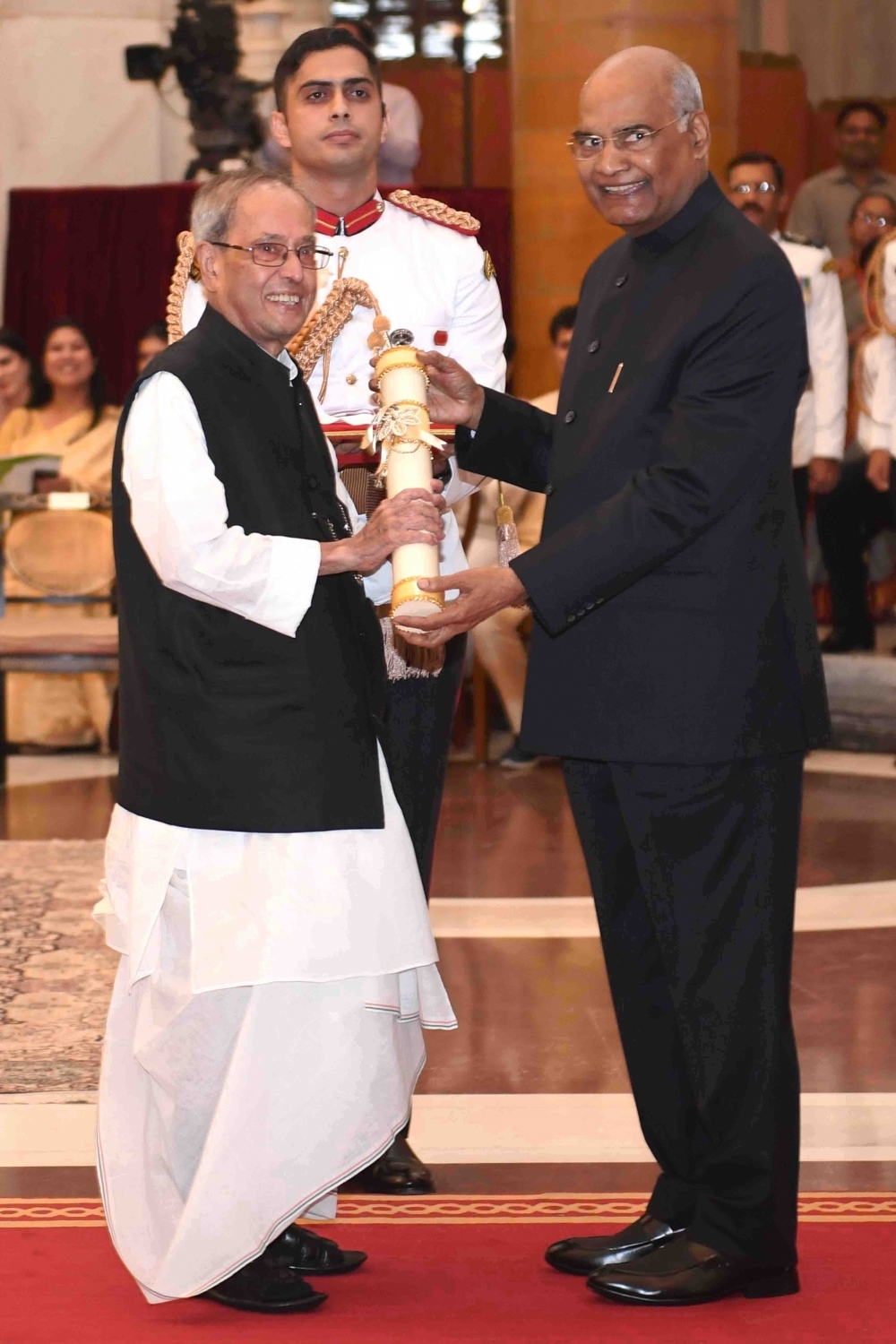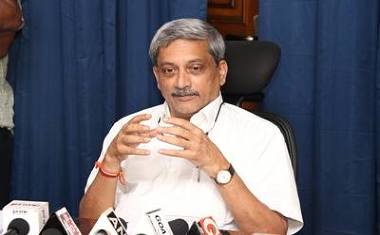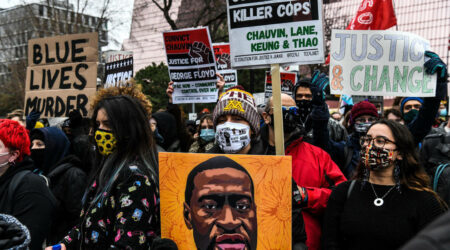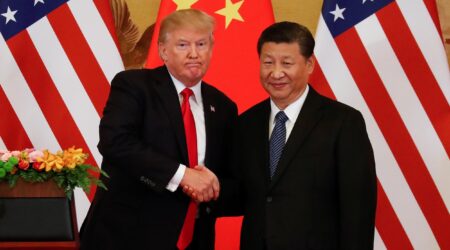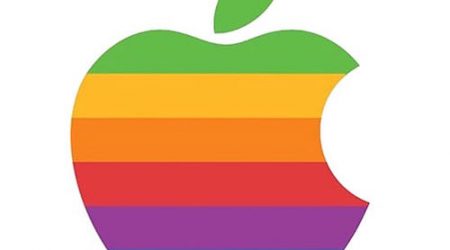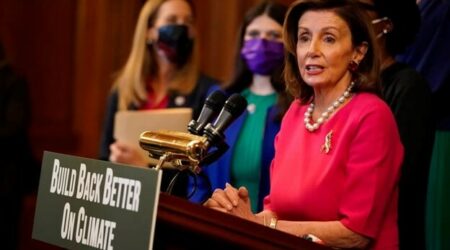By Vandana
On October 31, 1984, Rajiv Gandhi was on a tour of West Bengal. He had addressed one meeting in Ramnagar and moved to the second in Contai. It was 9.30 am. As Rajiv began speaking, Pranab Mukherjee got a message on police wireless: “Indira Gandhi assaulted. Return to Delhi immediately.”
In the middle of Rajiv’s speech, Pranab passed on a note asking the then wounded Prime Minister’s son to cut short his speech. Rajiv did as told. As Rajiv sat down, Pranab broke the news to him. Later that day, when Rajiv was sworn-in as the Prime Minister, the list of the Cabinet ministers he wanted to be sworn-in by then President Giani Zail Singh had Pranab’s name right on top.
Barely two months later, on December 24, Rajiv Gandhi was elected Prime Minister with a humongous mandate of 404 seats riding on what has since been called a sympathy wave. On December 31, when Rajiv’s Cabinet list was declared, Pranab’s name was not found either at the top or at the bottom or anywhere in between.
Rajiv’s move left Pranab shocked. His political career henceforth received many blows, some seemed fatal, and yet Pranab became President of the country on the full backing of Congress and went on to win Bharat Ratna on the complete backing of the BJP government. Despite not being a mass leader, Pranab was a politician respected across party lines as a formidable force.
Pranab won his first Lok Sabha election in 2004 at the age of 68, after making his Rajya Sabha debut at the young age of 35. Pranab’s political acumen was first noticed in 1969 when he was in Midnapore as the election agent of VK Krishna Menon. Menon won the election and Pranab caught the attention of Siddhartha Shankar Ray. Ray recommended him to Indira Gandhi, who in turn gave him a Rajya Sabha seat.
Under Rajiv, Pranab ran so out of favor that he lost his Congress membership. In 1986, he formed his own party Rashtriya Samajwadi Congress (RSC).
Some say what cost Pranab Rajiv’s trust was his prime ministerial ambition. Still by 1988, Pranab won back Rajiv’s trust to return to his parent party, merging RSC with the Congress.
After Rajiv was assassinated in 1991, Congress won the election and was set to form the government. The question now was who will be PM. Pranab then was not an MP and PV Narasimha Rao had announced retirement. For Pranab, there was a flicker of hope. Indian democracy allows prime ministers up to six months to be elected to either House. But the Congress convinced Rao to end his political sanyas and Pranab could do little more than wait and watch.
Then came another shock. Rao involved Pranab in his cabinet selection. Not only were Pranab’s suggestions taken, but also incorporated. Pranab was hoping for the finance ministry; what he got was a bombshell with Rao excluding him from the Cabinet.
To pacify Pranab, the new PM offered him the deputy chairmanship of the Planning Commission. Pranab sought time to consider the proposal since joining the Planning Commission would have seen a retirement (from politics) posting. Rao reportedly told Pranab, “Take as much time as you want but join on Monday.”
Why Rao did this to Pranab remains a mystery. Rao perhaps knew of the man’s desire to take the chair that he had got.
In 2004, when the UPA came back to power amid questions on Sonia Gandhi’s foreign origin being the talk of the town, Pranab once again thought the ‘chair’ was within reach. The mother of all blows landed on him when Manmohan Singh was given precedence over him for the post.
Decades ago, when Pranab was finance minister in the Indira government, he had appointed Singh as the governor of the Reserve Bank of India. Now, he was to work under Singh.
He was given important portfolios like defence and finance under UPA I and UPA II respectively, but the heart must have what the heart wants.
Mukherjee accepted an invite from the Rashtriya Swayamsevak Sangh (RSS) for the closing ceremony of its Tritiya Varsh Training programme, in 2018. Given how Rahul Gandhi had made attacks on Narendra Modi and RSS the hallmark of his politics, Mukherjee’s embracing of the organization left the Congress red-faced.
To add salt to Congress’s injury, the Modi government conferred upon Pranab the Bharat Ratna on August 12, 2019.
Mukherjee may have ultimately succeeded in exacting his ‘revenge’ but like BJP’s LK Advani, he too remained a PM-in-waiting.
With his death, the wait is over. Now, may there be peace.
(The article appeared in DailyO)


